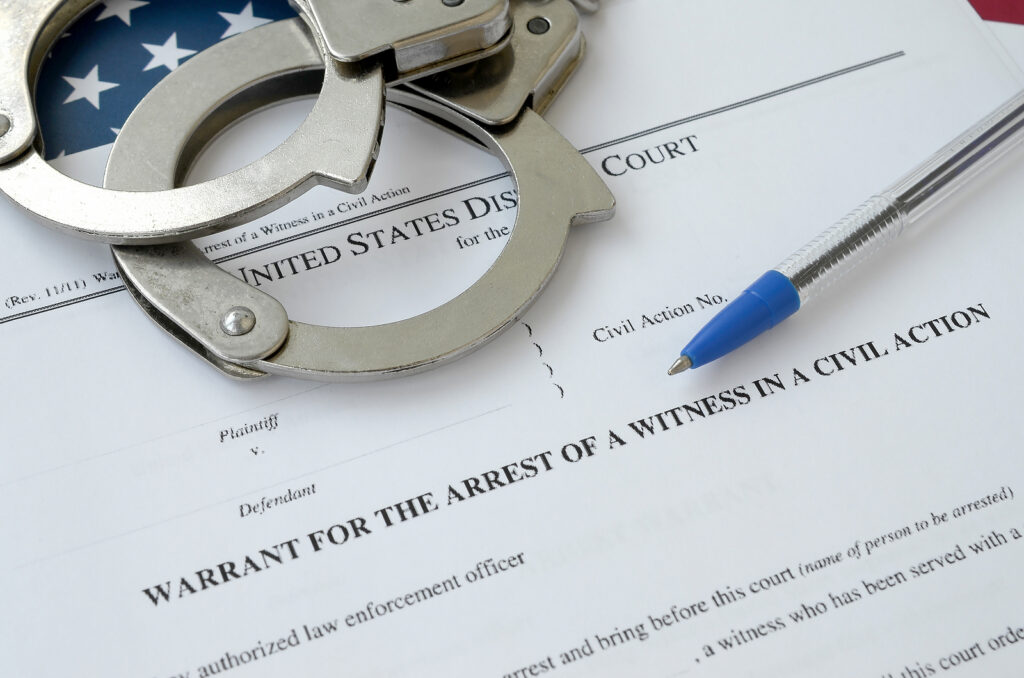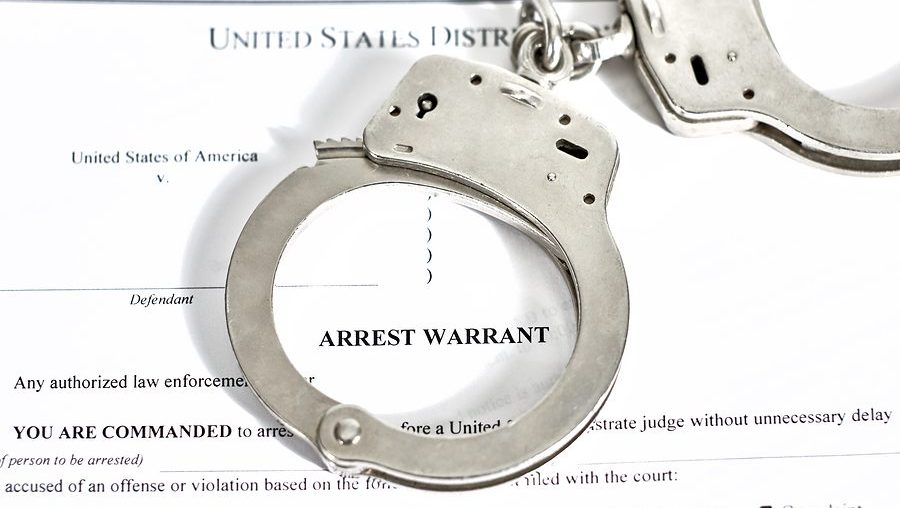A traffic accident can be a stressful and worrying experience, but leaving the scene of an accident, known as a hit and run, can significantly exacerbate the situation. In Indiana, hit and run charges are taken seriously, whether the incident involves hitting a pedestrian or another vehicle. Understanding the consequences and ramifications of such actions is crucial.
This blog post aims to shed light on the key elements you need to know about hit and run accidents and subsequent charges in Indiana, providing valuable insight to help you navigate through potentially complicated legal situations.

What Constitutes a Hit and Run in Indiana?
In the state of Indiana, a hit and run is defined as leaving the scene of an accident without stopping and exchanging relevant information with the other involved parties. This includes accidents involving only property damage or personal injury to another person. The law requires all drivers involved in an accident to stop at the scene, provide their name, address, and vehicle registration number, and show their driver’s license upon request. Failure to do so can result in hit-and-run charges.
Hitting a Pedestrian
Hitting a pedestrian is one of the most severe types of hit and run accidents in Indiana. Pedestrians are incredibly vulnerable on the roads, making it crucial for drivers to exercise caution. In the event of a collision with a pedestrian, Indiana law requires drivers to stop immediately and provide assistance to the injured person, whether it be calling for medical help or providing first aid. Failing to do so can result in severe hit and run charges, including felony charges if the accident causes serious injury or death to the pedestrian.
Hitting a Car
Aside from hitting a pedestrian, such charges can also result from colliding with another vehicle. If you are involved in an accident with another car, Indiana law requires you to stop at the scene, exchange relevant information, and provide assistance if needed. Failing to do so can lead to criminal charges, depending on the severity of the damage caused by the collision. In addition to facing hit and run charges, you may also face civil liability for any damages or injuries caused by leaving the scene of the accident.
Penalties for a Hit and Run Conviction in Indiana
The penalties for hit-and-run crimes in Indiana vary depending on the severity of the accident. If no personal injury is involved, hit and run charges are considered a Class B misdemeanor, punishable by up to 180 days in jail and fines of up to $1,000. However, if the accident causes injury or death to another person, the charges can range from a Class A misdemeanor to a high level felony, with penalties ranging from one year in prison and fines of up to $10,000 for a Class A misdemeanor, to 8 years in prison and fines of up to $10,000 for a felony.
What to Do if You Commit a Hit and Run Accident
If you have been charged with a hit and run in Indiana, it is crucial to seek legal help as soon as possible. An experienced criminal defense attorney can review your case, advise you of your rights and options, and provide guidance throughout the legal process. Keep in mind that hit-and-run charges can have serious consequences, affecting not only your driving record but also your personal and professional life. Therefore, it is crucial to take them seriously and seek legal assistance to ensure the best possible outcome for your case.
In Summary
Hit and run charges in Indiana can have severe consequences, ranging from fines and jail time to potential felony charges. It is essential to understand what constitutes a hit and run, know the penalties involved, and take appropriate actions in case of an accident. Remember always to remain calm, stop at the scene, and provide assistance and information as required by law.
If you are facing hit and run charges, seek legal help to protect your rights and best interests. Contact the Law Office of David E. Lewis at 317-636-7514 to book an appointment with an experienced criminal defense attorney in Indianapolis, Indiana. Our legal team is dedicated to fiercely and intelligently defending criminal appeals, while working to secure a reduction or dismissal of your conviction.
Related Posts:
Frequently Asked Questions About Warrants
What to Do if You Just Found Out About Your Arrest Warrant
Criminal Defense Tips for Being Interviewed as a Suspect










